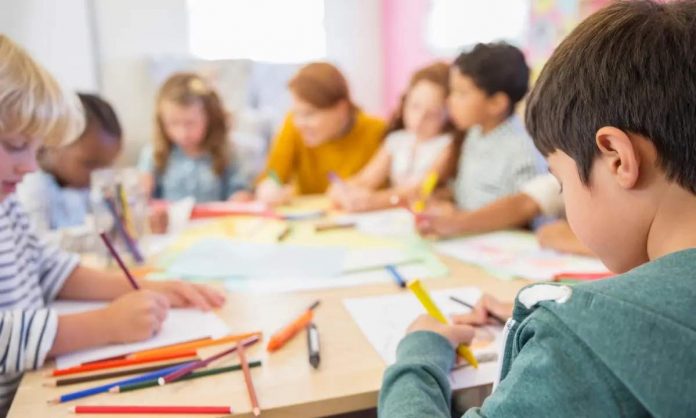Social differences and the widening class gap in America are creating an imbalance in the educational opportunities of today’s children. According to a new study from Indiana University (IU) Bloomington , social class can account for how parents coach their children to manage challenges in school. This in turn can affect a child’s education by reproducing inequalities in the classroom.
“Parents have different beliefs on how to deal with challenges in the classroom,” study author Jessica McCrory Calarco, an assistant professor in IU’s department of sociology in the College of Arts and Sciences, explained in an Aug. 27 news release.
“Middle-class parents tell their children to reach out to the teacher and ask questions. Working-class parents see asking for help as disrespectful to teachers, so they teach their children to work out problems themselves,” she said.
Calarco studied children in four public school classrooms from their time in the third grade through the fifth grade. To isolate the differences based on social class alone, she only conducted interviews with Caucasian students and their families, in addition to their teachers.
Study findings revealed that middle-class children get more attention from their teachers because they are proactive and ask questions. Working-class children, however, tend to stay silent about their educational struggles so as not to bother their teachers.
According to Calarco, the differences in how parents teach their kids to deal with problems in school primarily come from the parents’ involvement in their children’s schooling.
“Middle-class parents are more plugged into the school, so they know what the teachers expect in the classroom,” said Calarco. “Working-class parents don’t think it’s their place to be involved, so they tend to be less aware of what teachers expect today,” she added.
For Calarco, the take-away from the study is that schools need to become more aware of social class differences and make an effort to reduce the inequalities. She cautioned that if teachers are not more active in seeking out struggling students, they may not seek help on their own.








